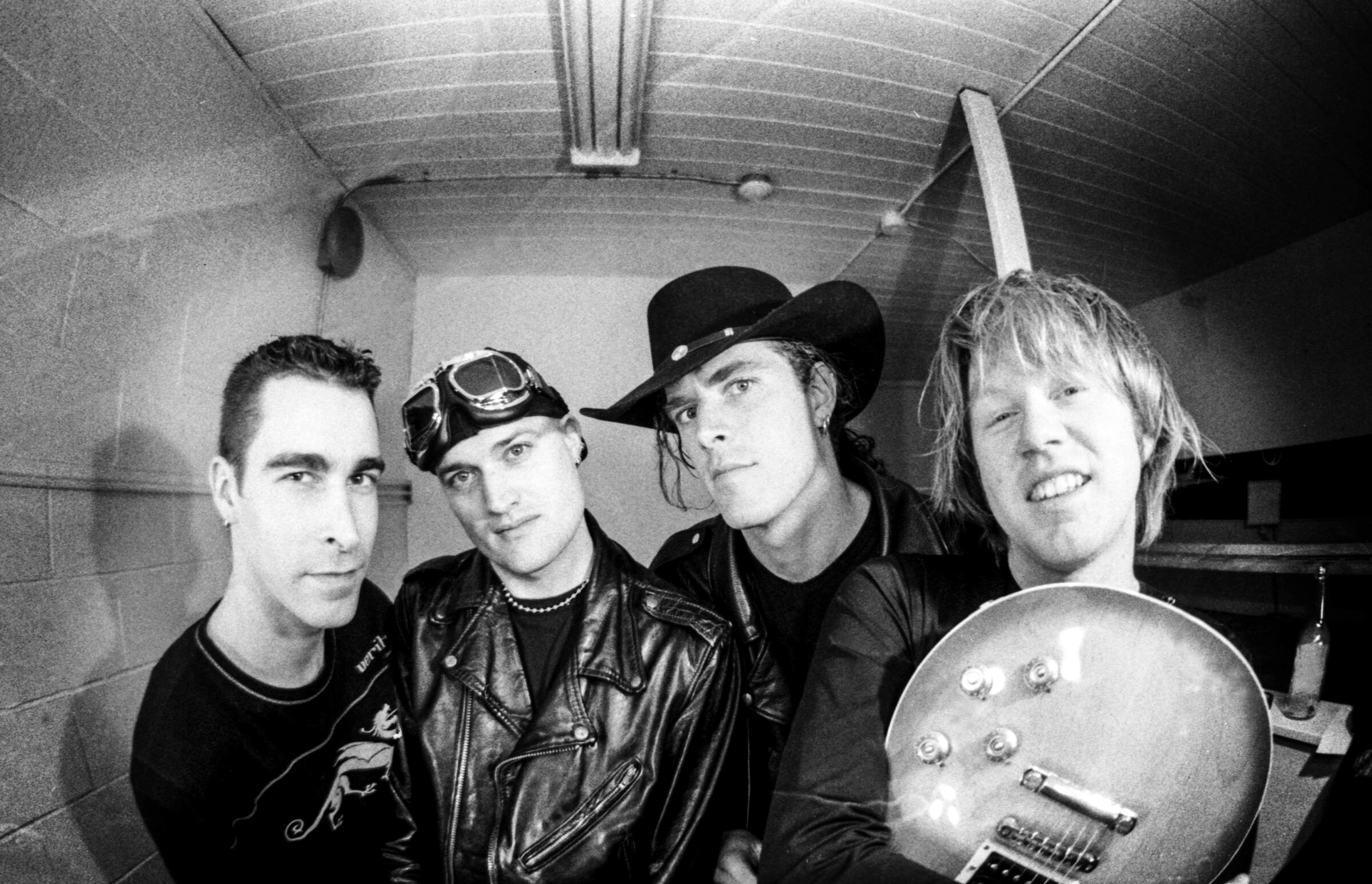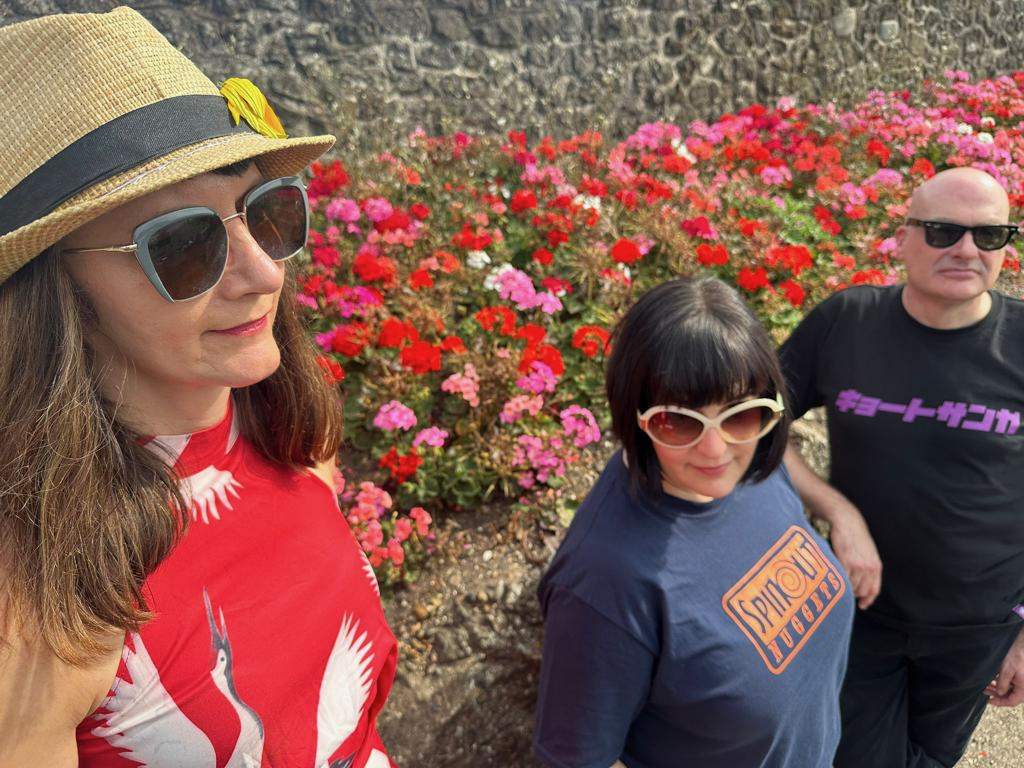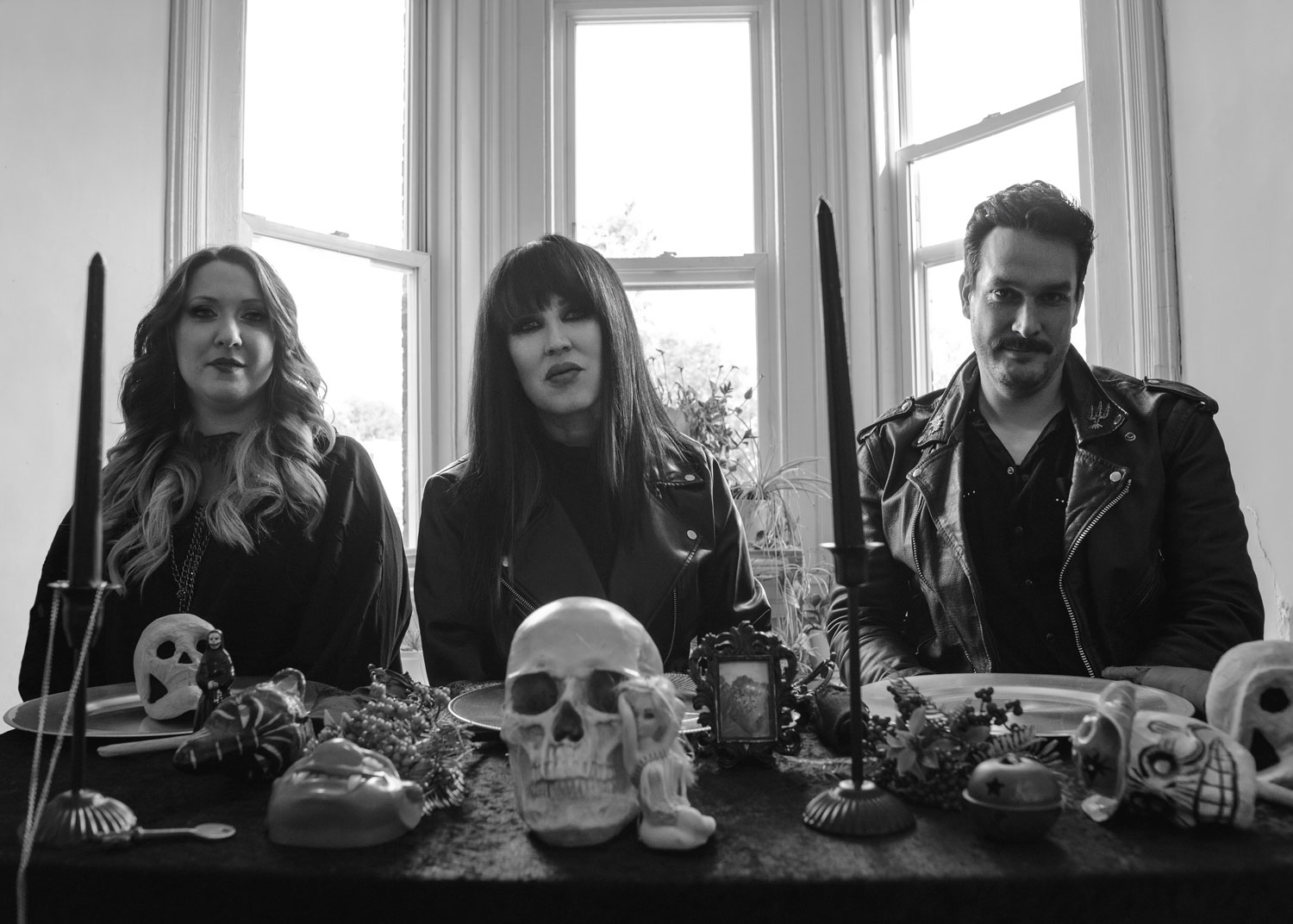Bill Orcutt
“Music does what it wants”
An Account Of The Crimes Of Peter Thiel And His Subsequent Arrest, Trial And Execution is a 12” LP released by Bill Orcutt in an edition of 100 copies. It contains a loop that grows, collapses, grows and collapses again.
Can you explain the title of the record?
Peter Thiel is a right-wing tech billionaire best known for founding Paypal. One of his obsessions is survivalism; he bought a New Zealand passport specifically to use in a time of social crisis and keeps his private jet ready to go so he can make a quick escape when the ebola breaks out or the working classes rise up.
Thinking about him and civil unrest, reminded me of the Peter Weis play “The Persecution and Assassination of Jean-Paul Marat as Performed by the Inmates of the Asylum of Charenton Under the Direction of the Marquis de Sade.” I always loved that title, so I tried to come up with something that would suggest that.
Does this make it a political record?
They’re all political.
What does the title of the record has to do with the music on the record?
Nothing.
By referring to Peter Thiel (and to Jean-Paul Marat), you do something that you often do in your artwork: referring to public figures, to mainstream media, and to art. The list of people that showed up in your artwork is endless: Santana, Sonic Youth, Tupac, Courtney Love, Bob Marley, Jimi Hendrix, Michael Jackson, Robert Johnson, … So why do you do that? Why do you use these images? Why do you use images that basically have nothing to do with your music? Do you see this as Pop Art, as Alan Licht suggests in the liner notes of the re-issue of “Let’s Build A Pussy?”
No idea, I just do what I want.
The liner notes of the record mention: “recorded with Cracked.”
Cracked is the audio library I work with. It’s free and open source; anyone who’s interested can try it out. The full name of the library is “I Dropped My Phone The Screen Cracked.”
What does fascinate you about damaged music?
Damaged? Do you mean the Black Flag album? Great record.
Do you see your electronic music as provocative? In the line of Fluxus or Dadaism?
I don’t think about how it will affect the listener really; it doesn’t provoke me so I don’t think of it as provocative. Fluxus and Dadaism are around because I’m generally aware of art history. I can’t rule out some influence, though not conscious.
Is this improvised music? Or even conceptual music?
It’s a process piece, I was thinking of Michael Snow’s Wavelength, but there are lots of examples. The process is additive: it loops over a major scale, the loop grows, collapses, grows larger, collapses again, etc. Initially it’s a continuous sound, but that toward the end as the notes get higher, it passes beyond hearing and silences begin to open up. I did another record like this called Square Cunts for Denis Tyfus’s label Ultra Eczema, but it was for guitar.
Most of your guitar based music is self-released. Your electronic music is mainly released by Fake Estates. Why? Why do you divide your guitar music releases from your electronic releases?
Fake Estates predates Palilalia, the label where I release my guitar music. I started Fake Estates in the 90’s to release some singles of my various computer music experiments. I’ve just continued using it for that purpose.
In a way this music could also fit on Editions Mego because it’s in the line of what Yasunao Tone, Russell Hasswell or Florian Hacker do, right? Could you see a re-release of the Fake Estate recordings on Mego in the future?
Maybe.
When and why did you started to experiment with broken electronic music?
I’ve loved electronic music for a long time. Harry Pussy covered Kraftwerk on our first album and there’s jungle samples buried under the feedback on “Ride a Dove.” Around ’95, I started bringing an MS20 on tour to annoy Harry Pussy audiences. I got into Max and computer music around 97.
Do you see Harry Pussy’s Let’s Build A Pussy as your first experiment with this kind of music?
Yes.
Is your electronic music something you only see as a recording project? Something you don’t want or can’t do live?
I might do it live.
Do you see a link between your guitar music and your electronic music?
I have no idea really.
As a day job, you work in IT? So is there a link for you between what you do professionally and this music?
It’s coding so there’s some connection I guess.
Do you see this as music anyway, or more as sound experiment?
I see it as music anyway.
When you listen to An Account Of The Crimes yourself, what do you hear, what are your thoughts?
It’s very relaxing, but I know how it ends.
This LP comes with a book. Again: what’s the link between the record and book? Is it made with the same idea in mind?
The book was made with the same code as the record, just a different input. For the LP, the input was a major scale. For the book, it was the text of the title. The process is exactly the same. The code for both are on Github.
While reading the book, I had to think of a Gertrude Stein’s quote which says: “I like the feeling of words doing as they want to do and as they have to do.” Do you think the same way about sound in your electronic pieces: they do what they want and what they have to do? A kind of ‘hands off’ approach?
I can agree with that. With my music I always feel like I’m battling the reactionaries who think that music has something to do with listening. Like they’re the center of the universe and everything is done for their benefit. Fuck off. Music does what it wants.
Photos © R. Orcutt
– Joeri Bruyninckx
© Copyright http://www.psychedelicbabymag.com/2017
Array








